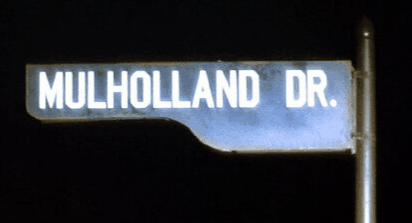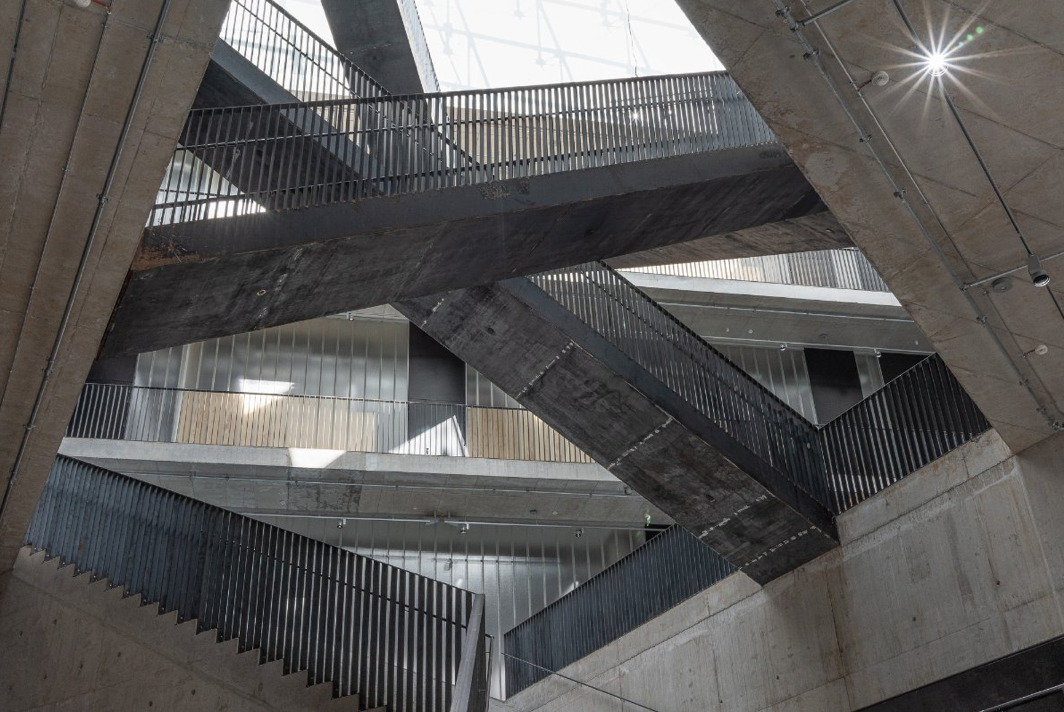KuvA Research Days 2021
KuvA Research Days 13-15.12.2021 will take place at Mylly, the new building of Academy of Fine Arts Helsinki at Uniarts Helsinki’s Sörnäinen campus, and at Oodi, the central library of Helsinki. Some of the events can be attended online. Full program and information on practical arrangements and registration will be published in November 2021 on the Research Days website.
Monday 13 December 2021
Time and Space Research Day activities
Hosts of the day:
Professor Daniel Peltz, University Lecturer Maiju Loukola and Professor Salla Tykkä
The days program is planned by Time and Space Arts, one of the subject areas of the Degree Programme in Fine Arts at the Academy of Fine Arts. The days program presents some of the research activities of the study area in the form of the research-based practice of Lawrence Abu Hamdan (PhD), visiting professor for the academic year 2022/2023, and a year-long, collaborative engagement by Time and Space Study Program MFA students with the Oodi Library in Helsinki.
Tuesday 14 December 2021
Reimaging the Art School: Pandemic Paragogies
– workshop and symposium
Host: Professor Magnus Quaife
In his 2019 publication, Re-Imagining the Art School, Professor Neil Mulholland proposed ‘paragogic’ methods to re-imagine the art academy. With Mulholland as the main guest, this research day revolves around open source and peer-to-peer methods for re-imagining the art academy (para-academia) and andragogy (paragogy). Responses and provocations are invited from staff and students currently working in art school environments. The day will include a workshop version of the Open Educational Resource facilitated by Mulholland and Quaife.
Wednesday 15 December 2021
Artificial intelligence
Host: Bruno Caldas Vianna, Doctoral student
This one-day symposium has two parts. In the morning, we will hear from artists working with AI. What it means to use it as a tool or a theme? How does it expand the artists potential and play field? In the afternoon, we will discuss the limits of AI from perspective of artistic creation. After all the advances in deep learning in the last decade, AI researchers are coming to terms with the fact that even the best neural network is far from having any kind of intelligence. They are amazing data processing machines but can really only do very specific tasks. Can we think that the arts have their own kind of intelligence beyond the formal artificial systems?
Image: Main staircase in the Mylly building. Photo: Tuomas Uusheimo.
Monday 13 December 2021
Time and Space Research Day activities
Hosts of the day:
Professor Daniel Peltz, University Lecturer Maiju Loukola and Professor Salla Tykkä
The days program is planned by Time and Space Arts, one of the subject areas of the Degree Programme in Fine Arts at the Academy of Fine Arts. The days program presents some of the research activities of the study area in the form of the research-based practice of Lawrence Abu Hamdan (PhD), visiting professor for the academic year 2022/2023, and a year-long, collaborative engagement by Time and Space Study Program MFA students with the Oodi Library in Helsinki.
Tuesday 14 December 2021
Reimaging the Art School: Pandemic Paragogies
– workshop and symposium
Host: Professor Magnus Quaife
In his 2019 publication, Re-Imagining the Art School, Professor Neil Mulholland proposed ‘paragogic’ methods to re-imagine the art academy. With Mulholland as the main guest, this research day revolves around open source and peer-to-peer methods for re-imagining the art academy (para-academia) and andragogy (paragogy). Responses and provocations are invited from staff and students currently working in art school environments. The day will include a workshop version of the Open Educational Resource facilitated by Mulholland and Quaife.
Wednesday 15 December 2021
Artificial intelligence
Host: Bruno Caldas Vianna, Doctoral student
This one-day symposium has two parts. In the morning, we will hear from artists working with AI. What it means to use it as a tool or a theme? How does it expand the artists potential and play field? In the afternoon, we will discuss the limits of AI from perspective of artistic creation. After all the advances in deep learning in the last decade, AI researchers are coming to terms with the fact that even the best neural network is far from having any kind of intelligence. They are amazing data processing machines but can really only do very specific tasks. Can we think that the arts have their own kind of intelligence beyond the formal artificial systems?
Image: Main staircase in the Mylly building. Photo: Tuomas Uusheimo.
contact: michaela.brann@uniarts.fi



